In December 2021, through the generous support of individual donors like you, the American Cetacean Society San Francisco Bay Chapter was thrilled to award cetacean research grants to three emerging marine biologists doing critical research in support of our mission: to protect whales, dolphins, porpoises, and their habitats through public education, research grants, and critical conservation actions. These remarkable San Francisco Bay Area graduate students are conducting research that will contribute valuable information toward efforts to understand and reduce anthropogenic threats to Pacific humpback whales, blue whales, beaked whales, and California gray whales.
We heard firsthand from two of our 2021 Research Grant Awardees. We were excited to showcase these young marine scientists and their research focus to better understand and protect cetaceans. Each grant recipient presented their research and then we had a lively question and answer session.
Bekah Lane, a Ph.D. student at San Francisco State University, is the recipient of the 2021 Jonathan Stern Cetacean Research Grant. Currently, as a graduate student in Dr. Ellen Hines’ lab, she studies the risk of ship strikes to humpback whales in San Francisco Bay. Her thesis, “Whales in a Highly Urbanized Estuary: Evaluating Risk of Ship Strike to Humpback Whales in San Francisco Bay,” aims to create a model for ship strike risk to humpback whales to inform management decisions for vessels in the bay.
Since 2016, humpback whales have regularly been observed in San Francisco Bay, east of the Golden Gate Bridge. San Francisco Bay is a highly urbanized estuary with large ships, high-speed ferries, and recreational vessels transiting the Bay in large numbers daily. Considering the increasing overlap between whale habitat and vessel traffic, it has never been more important to study the risk of vessel strikes to humpback whales in our area. For this research, we used whale sightings data from The Marine Mammal Center and open-source Automatic Identification Systems vessel data to create a Habitat Risk Assessment model for vessel strikes. Ideally, the results of this research will be used to prioritize management strategies to mitigate vessel strikes in San Francisco Bay and in other urban whale habitats.
Allison Payne, a Ph.D. student at the University of California, Santa Cruz, is the recipient of our inaugural Christine Fitzsimmons Cetacean Research Grant. Her research is titled, “Longitudinal study of entanglement scars on humpback whales (Megaptera novaeangliae) off the central California coast.” Entanglement is a primary conservation concern for humpback whales off the central California coast. Using photographs of individual whales taken over 14 years, Allison has identified sublethal entanglement scars. Her results support the hypothesis that increased confirmed entanglement reports during a marine heatwave are due to increased entanglements rather than better reporting methods.
It was enlightening and gratifying to hear from these young scientists on risks associated with vessel strikes, entanglements, and bycatch mortality as well as how their research can help to minimize detrimental human impact.
This webinar is offered for free to the public. A suggested donation of $10 per participant/viewer is encouraged and appreciated. Donations help cover webinar costs and support our education and cetacean research grant programs. Click here to donate.

